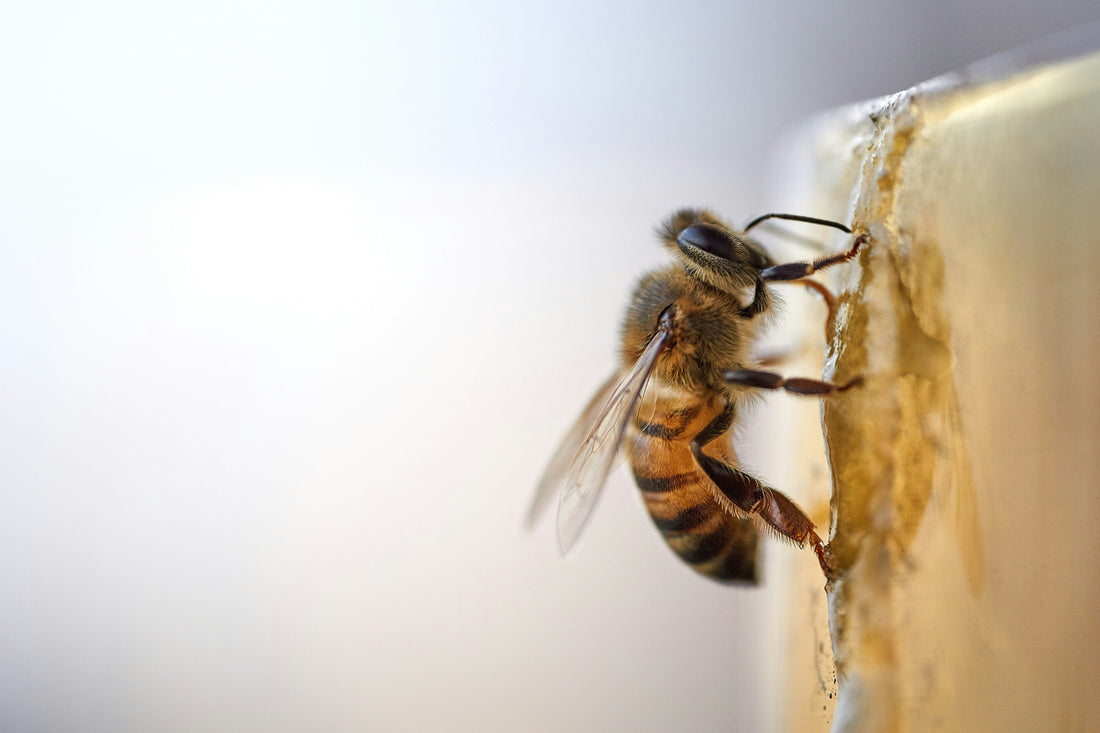Did you know that nearly 75% of the world’s flowering plants and around 35% of our food crops depend on pollinators like bees? From the almonds in your cereal to the tomatoes in your salad, bees quietly play a crucial role in feeding the world. These diligent pollinators not only support thriving ecosystems but also drive agricultural productivity and sustain rural livelihoods. However, despite their incredible importance, bee populations are in alarming decline—largely due to human activities. Protecting pollinators is not just an environmental concern; it’s a vital step toward ensuring sustainability, food security, and a resilient future for our planet.
What Are Pollinators and Why Are Bees So Important?
Pollinators are animals that assist in plant reproduction by moving pollen from one flower to another, enabling plants to produce fruits, seeds, and new life. While a variety of creatures including butterflies, birds, bats, and even some small mammals act as pollinators, bees stand out as the most efficient and essential among them.
Bees have evolved to be expert pollinators. Their hairy bodies are perfect for trapping pollen, and their behavior naturally leads them to visit hundreds of flowers in a single day. But not all bees are alike. Honeybees, the familiar hive-dwelling species, are often used in commercial agriculture because they can be managed and moved to pollinate large-scale crops. Wild bees, like bumblebees, mason bees, and leafcutter bees, live more solitary lives and are often better suited to pollinating specific native plants. These wild pollinators are especially important for maintaining healthy ecosystems and local biodiversity.
Together, honeybees and wild bees form the foundation of pollination systems that sustain both natural environments and the global food supply. Their work ensures that countless plants many of which we rely on for food, medicine, and raw materials—continue to thrive.
Why Bees Matter for Sustainability
While bees are best known for their role in pollination, their impact stretches far beyond helping flowers bloom. These small insects are vital to environmental health, food security, and economic stability—making them essential to global sustainability.
1. Food Security and Agriculture
Bees are the world’s most effective pollinators. According to the UN’s Food and Agriculture Organization, three out of four crops grown for human consumption rely on pollinators. Pollination affects about 35% of global farmland and supports 87 major food crops. Without bees, crop yields would plummet, leading to food shortages and rising prices. One in every three bites of food we eat depends on their work.
2. Economic Impact
Bees also support sustainable livelihoods. The apiculture industry—focused on beekeeping and bee products like honey, beeswax, and royal jelly—plays a significant role in agriculture, cosmetics, and medicine. A decline in bee populations puts thousands of rural jobs at risk and threatens small businesses globally.
3. Biodiversity and Ecosystems
Bees are crucial for maintaining biodiversity. By pollinating a wide range of plants and trees, they support healthy ecosystems, forests, and wild habitats. This diversity ensures that other wildlife, from insects to birds, can thrive—helping ecosystems stay balanced and resilient.
4. Indicators of Environmental Health
Bees also act as indicators of environmental well-being. Declines in bee populations often reflect wider issues like pollution, pesticide overuse, and habitat loss. Studying bee behavior and products can reveal early warning signs about ecosystem health, making them a key tool in environmental monitoring.
The Threats to Bee Populations
Although pollinators are essential to healthy ecosystems and food production, they are increasingly threatened by human activity. Habitat destruction, climate change, and the widespread use of harmful pesticides are driving sharp declines in bee and pollinator populations. In particular, intensive agricultural practices—such as monocultures and heavy pesticide use—limit the availability of diverse food sources and expose pollinators to toxic chemicals.
What’s Being Done to Save Bee Populations?
Given the essential role bees play in ecosystems and food production, efforts to protect them are gaining momentum globally. The encouraging news is that governments, environmental groups, and international bodies are increasingly acknowledging the urgency of the situation and taking steps to reverse pollinator decline.
At the international level, organizations such as the European Union have introduced critical measures to protect pollinators from toxic agricultural chemicals. Notably, the EU has imposed a ban on three major neonicotinoid pesticides—chemicals that are widely recognized as highly harmful to bee health. Additionally, global environmental frameworks like the Convention on Biological Diversity (CBD) have emphasized the need to conserve and restore pollinator habitats as part of broader biodiversity goals.
National efforts are also taking shape. In the United Kingdom, the government has launched a National Pollinator Strategy aimed at creating and improving habitats across the country. Furthermore, the Department for Environment, Food and Rural Affairs (Defra) has introduced the Healthy Bees Plan 2030, which outlines over 50 specific actions for beekeepers, farmers, and policymakers to help strengthen and support bee populations.
Despite these advances, significant challenges remain. The continued use of chemical pesticides and intensive farming practices still pose the greatest threat to bees. While banning the most dangerous pesticides is a step in the right direction, many experts argue that these efforts must go further. Protecting pollinators will require bolder, more comprehensive strategies that include transforming agricultural systems, investing in research, and enforcing stronger regulations to limit harmful practices.
What Can You Do to Help the Bees?
While large-scale change requires government action, individuals can also make a real difference in protecting bee populations. Here are a few simple and effective ways to help:
• Plant Bee-Friendly Flowers: Grow a variety of nectar- and pollen-rich plants that bloom from early spring to fall. Even small spaces like window boxes or planters can support bees.
• Go Chemical-Free: Avoid using pesticides, herbicides, and synthetic fertilizers. Choose organic methods and natural pest control like ladybugs.
• Plant a Tree: Trees are a vital food and shelter source for bees. If you can’t plant one, support local tree-planting initiatives.
• Create Bee Homes: Leave logs or bundles of sticks in sunny spots, or make bee hotels from hollow stems to give solitary bees a place to nest.
• Revive a Tired Bee: If you find a sluggish bee, offer a drop of sugar water (mix 2 tsp sugar with 1 tsp water) on a spoon or flower to help it recover.
Take Action: Be a Voice for the Bees
Bees may be small, but the role they play in sustaining life is enormous—and so is your ability to make a difference. Whether it’s planting pollinator-friendly flowers, avoiding toxic garden chemicals, or supporting organic and local food, your choices can directly impact bee survival.
You can also raise awareness, push for stronger environmental policies, and support organizations like the Xerces Society, WWF, or local conservation groups working to protect pollinators.
Saving the bees isn’t just an environmental issue—it’s about securing the future of our food, health, and ecosystems. Start today. Every action counts.

